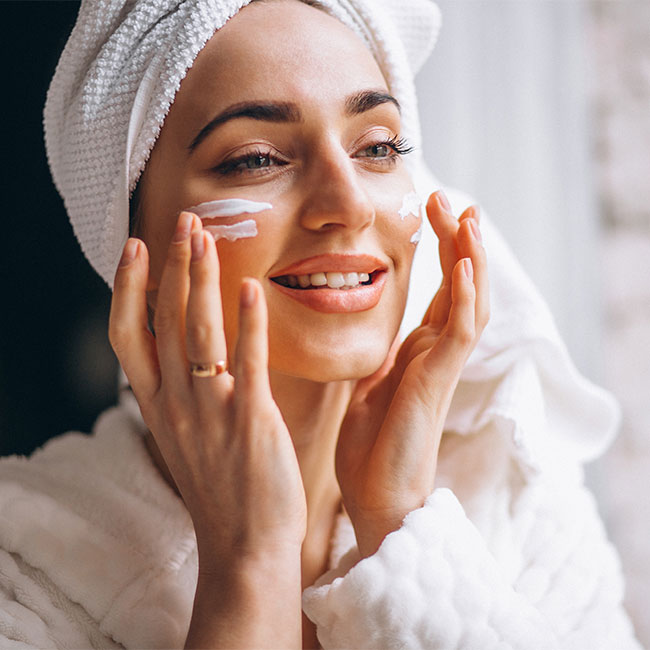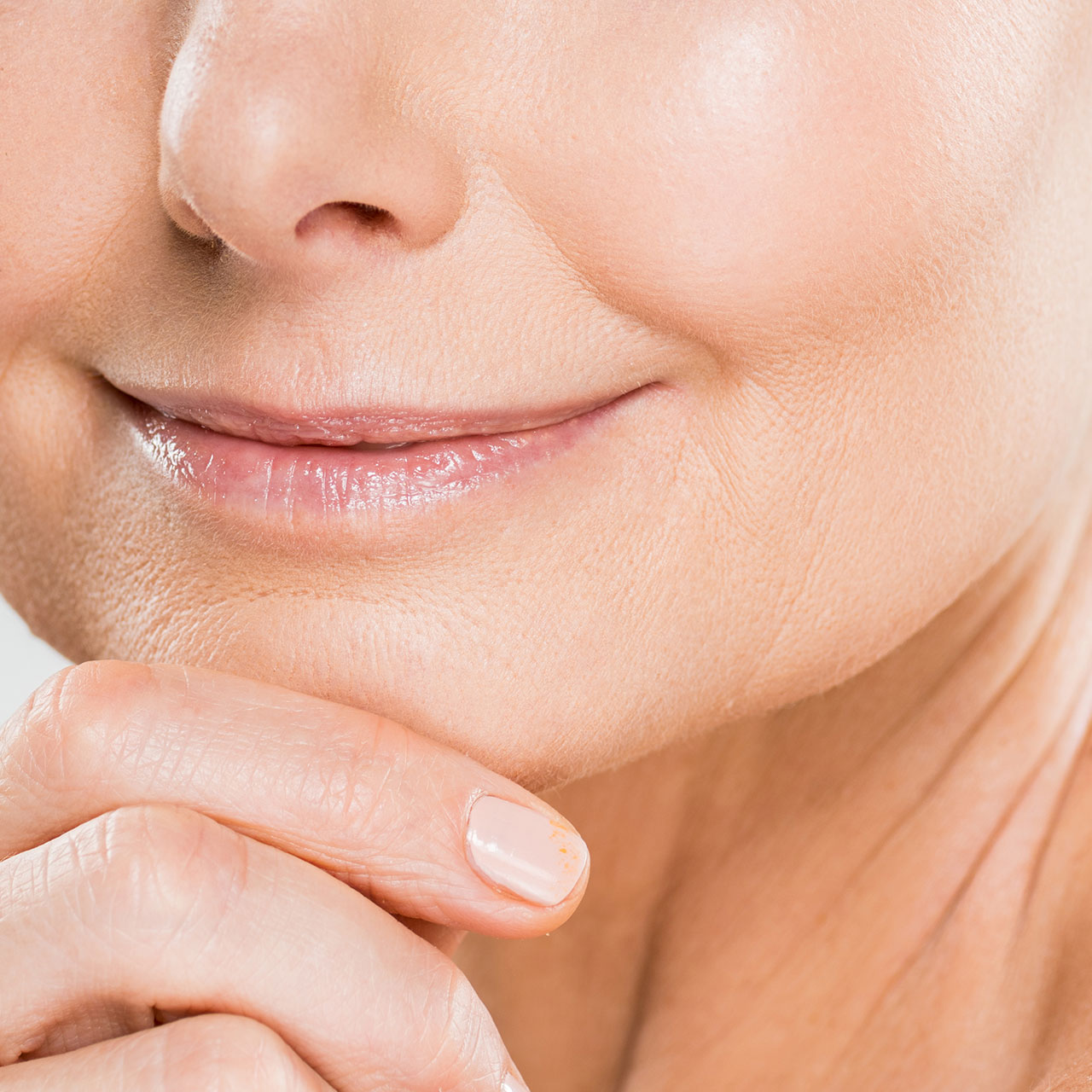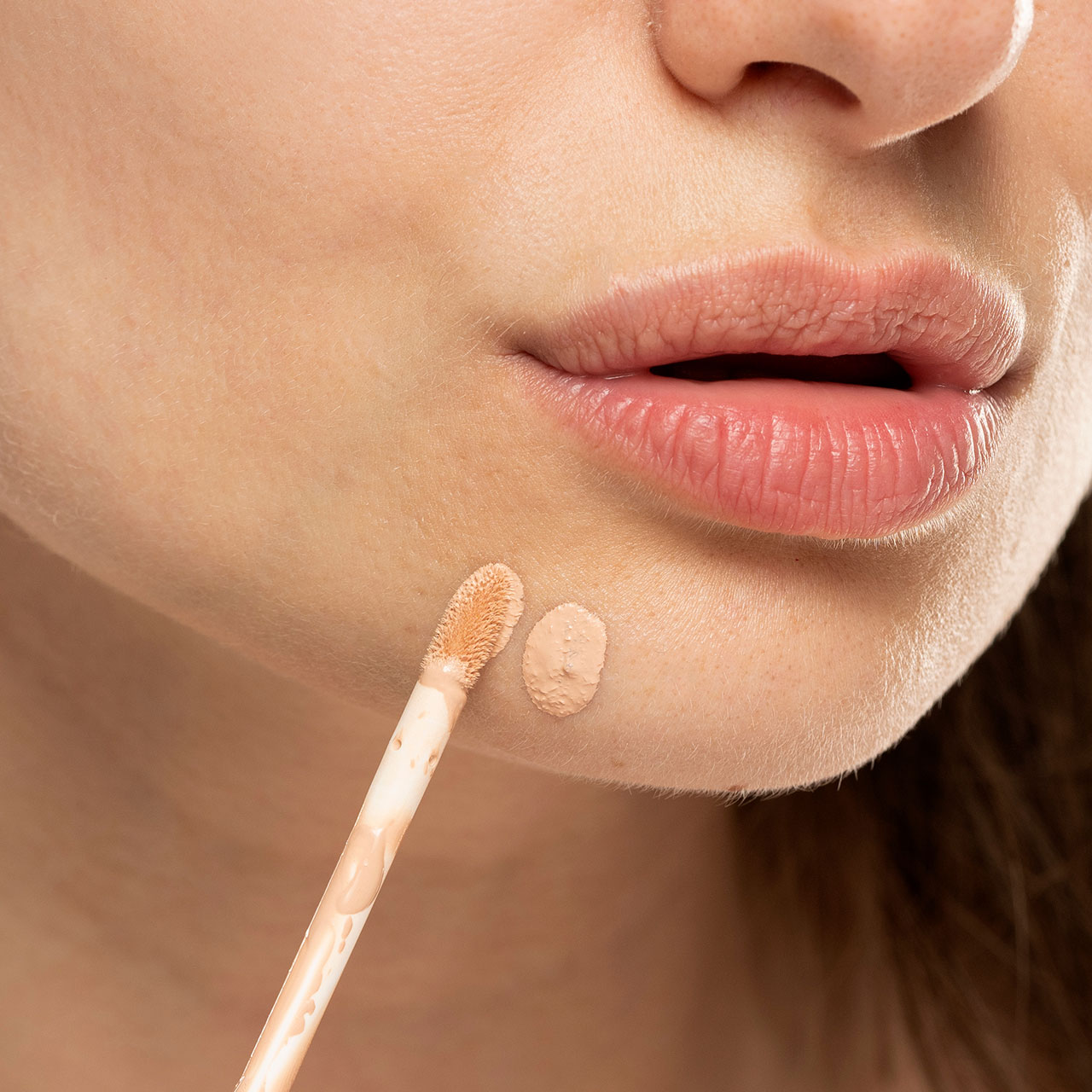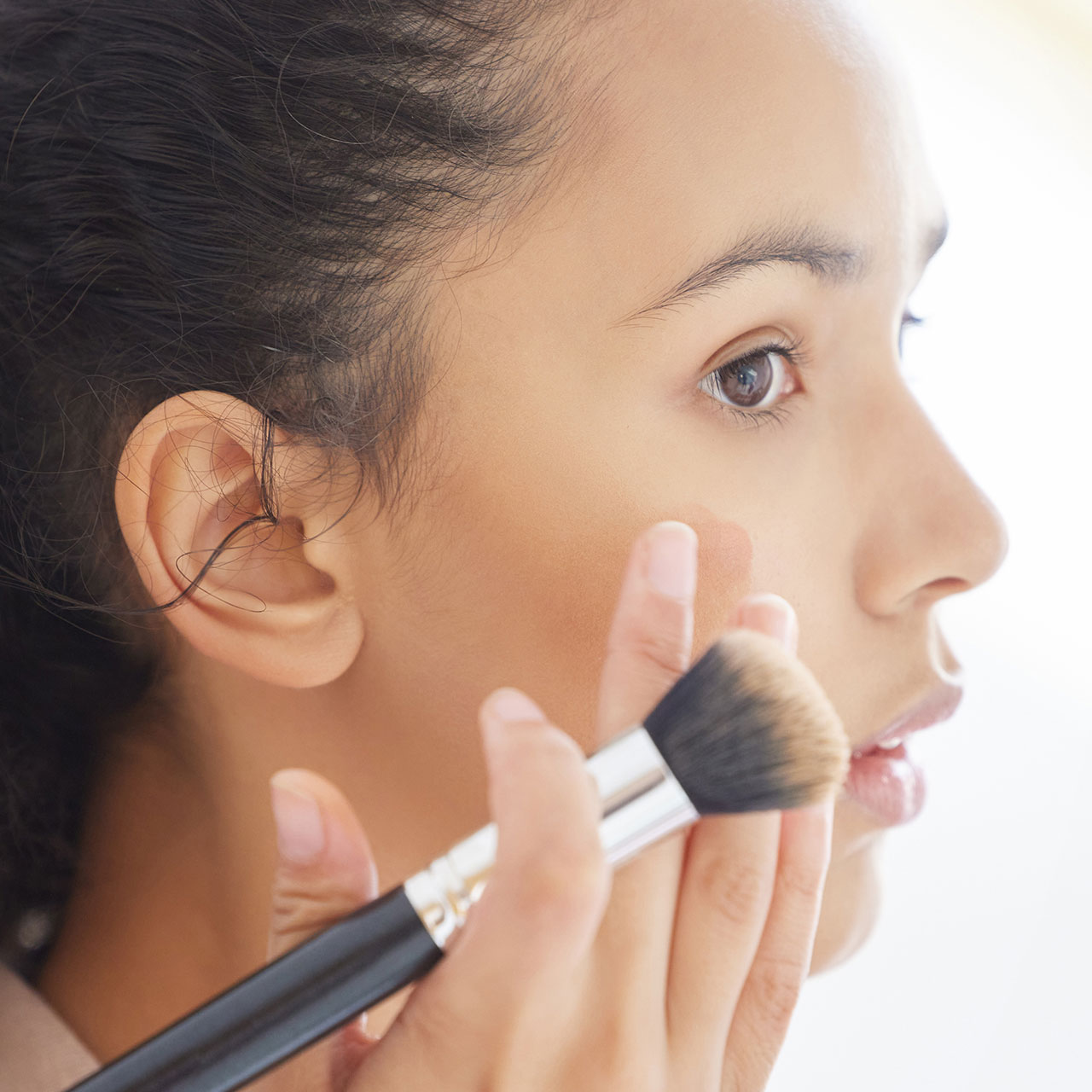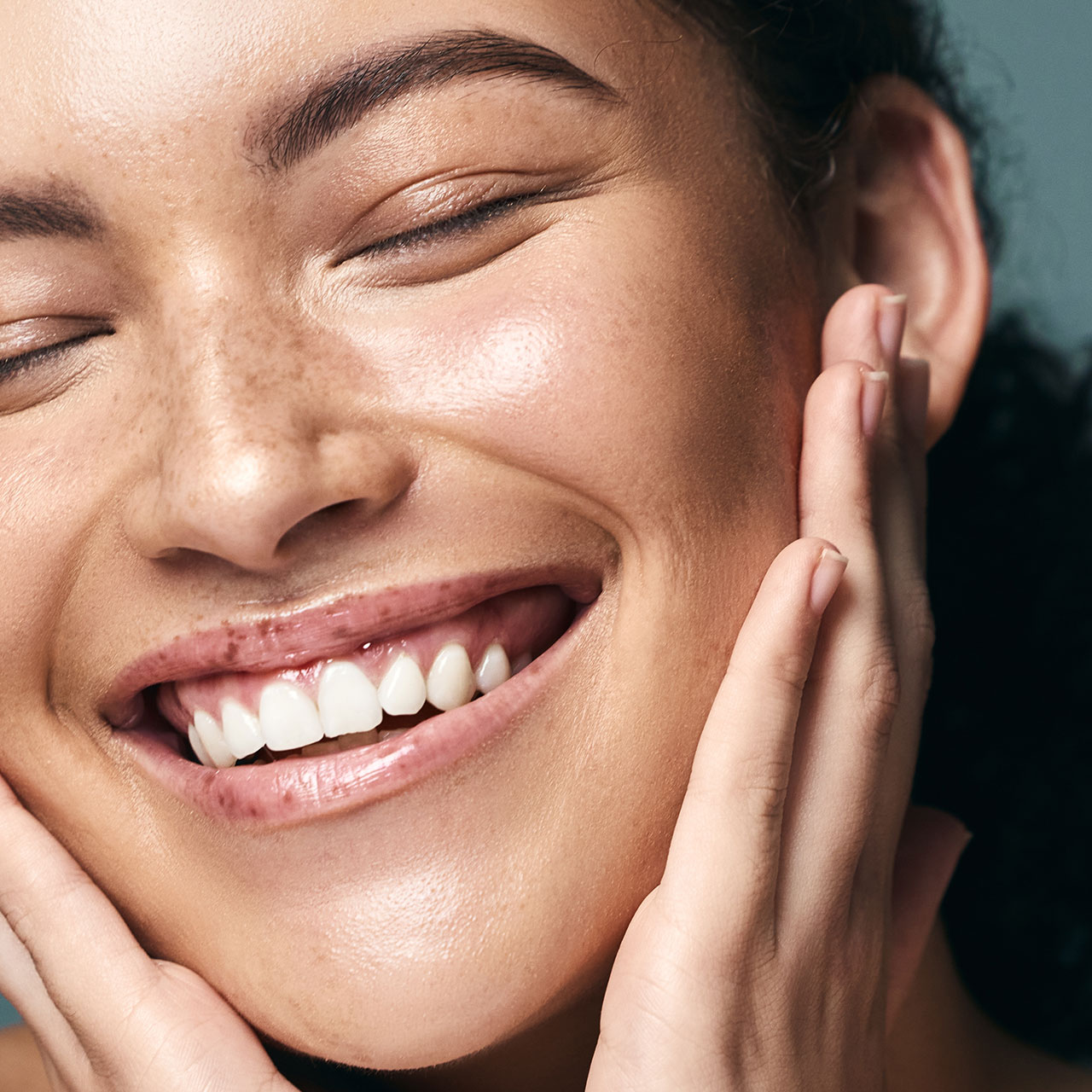We’re all on the hunt for the best products that will keep our skin glowing, youthful, and healthy. At one point or another on your search, you may have heard the word “retinol” from dermatologists and beauty influencers. Retinol is often used in skincare products as an anti-aging ingredient—from increasing cell turnover to boosting collagen production, many swear by retinol as the miracle product for anti-aging. But there’s no such thing as a one size fits all or magic product that will give you skin like the retouched faces in magazines. We asked Dr. Linne Linder, a Portland-based SkinSpirit board-certified physician, how retinol works, and if it has any scary downsides you should be aware of before using it.

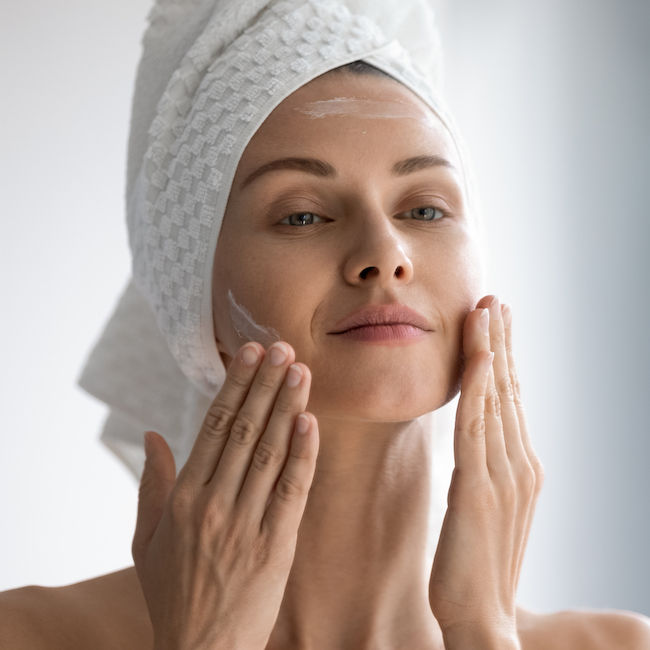
First of all, what is retinol and how does it work? “Retinol is part of a family of Vitamin A compounds known as retinoids. In this family, we have retinol, retinaldehyde, and retinoic acids,” Dr. Linder says, “The reason that retinol products are widely prescribed by many skincare specialists, dermatologists, aesthetic practitioners, etc. is because of the many benefits that this one product can provide. Retinol is an aging-well workhorse. Studies have shown that retinoids can treat acneic skin through sloughing of the dead layers of the stratum corneum, retinoids can improve hyperpigmentation by lightening and brightening spots of discoloration, and they can provide wrinkle reduction, improvement in overall texture and elasticity, and yield smoother looking skin from collagen stimulation.”
While it has lots of benefits, it’s important to keep in mind a few disclaimers before beginning ujse. “Any time you start a retinoid it is important that you "retinize" your tissue. This requires a slow building up of skin resilience to lessen any unfavorable effects such as skin irritation, redness and peeling.” Dr. Linder recommends starting with a lower percentage (i.e. 0.25%) and using it 2-3 nights a week for 2 weeks. After that, increase to 4-5 times per week for a couple of weeks, and then finally nightly once your skin has established comfortability with your product. Overtime, you can move up to 0.5%, and eventually 1.0%. “After washing your face, you can apply a small amount of hyaluronic acid for a moisture barrier or your favorite moisturizer, if your skin is dehydrated at all.” Dr. Linder says that this will help to minimize irritation as well.
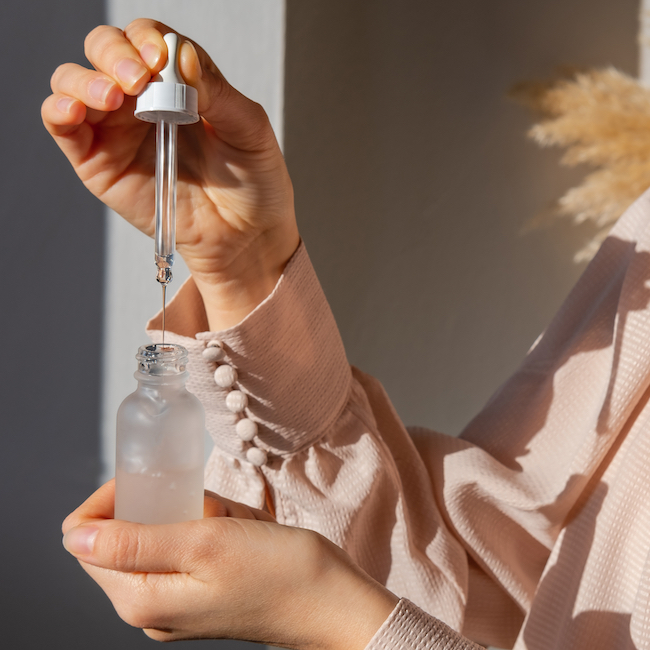
Besides keeping this in mind, what are some other potential risks of using retinol you may not be aware of? You may have heard horror stories of people saying retinol “ruined” their skin. Dr. Linder explains. “If someone is new to a retinol product, or if it is not medical grade or buffered with other ingredients, sometimes you can get "retinoid dermatitis". This is a fancy term for irritation that leads to peeling, redness, or angry skin. Luckily there are products on the market today that are physician or medical grade that have been formulated and scientifically proven to achieve results with less, if any irritation, at all.” To avoid this, make sure your retinol is high quality and medical grade.
Another downside is sun sensitivity. “[Retinol] causes photosensitivity (more reactivity in the sun) and can be inactivated in daylight.” When you do use retinol, be sure to use it at night and put on sunscreen made from minerals the morning after to prevent sun irritation.
Retinol can be a great tool when used correctly. “Sometimes using a retinol is truly a patience game. Hang in there. If you find you are getting too sensitive, try using it less often, or using a less-potent percentage. Always let your practitioner know if you have unreasonable irritation so that you can get some guidance as to how to proceed.” And, most importantly, consult with your doctor before you use retinol to make sure it’s right for you.





